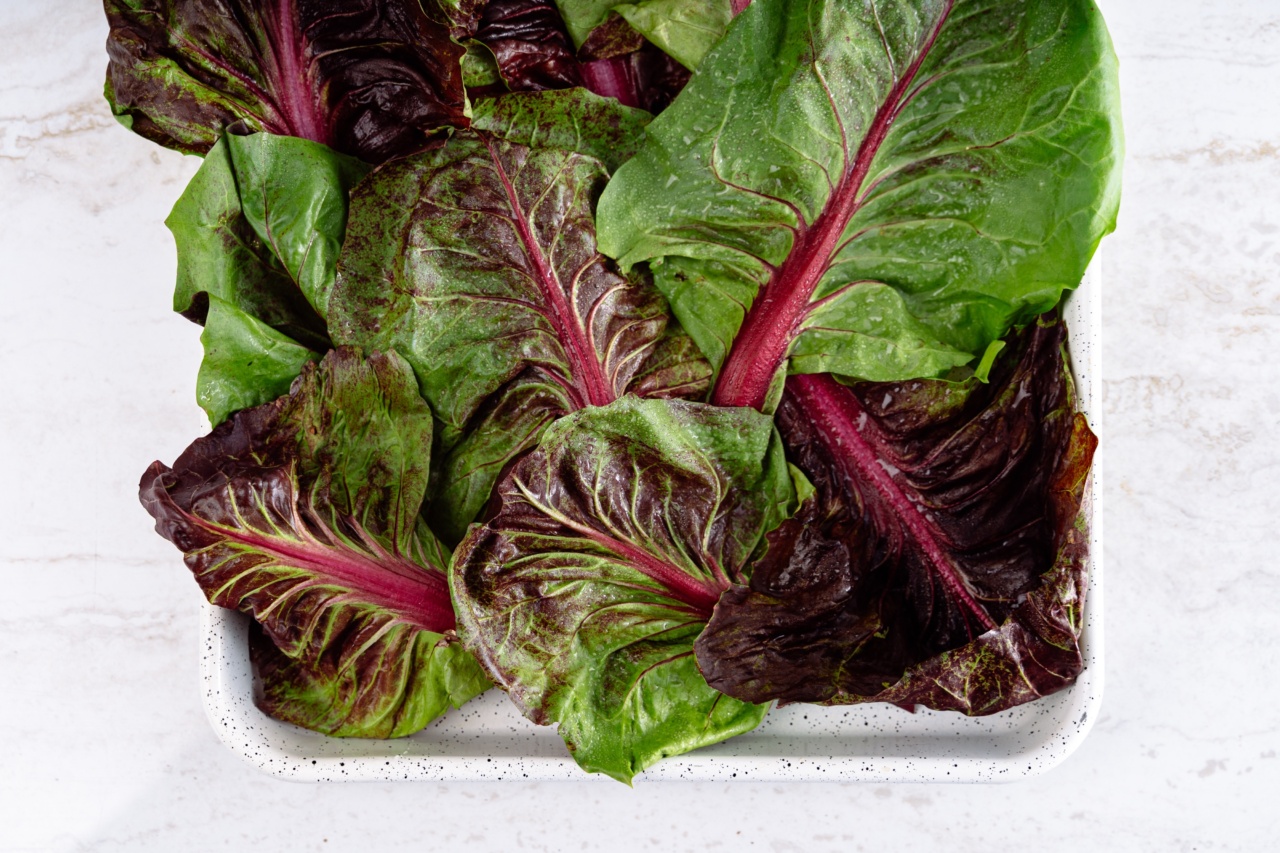When it comes to superfoods, papaya is a strong contender. This tropical fruit is packed with nutrients and health benefits, making it a delicious and healthy addition to any diet.
Papayas are full of antioxidants, vitamins, and minerals that have been known to improve digestion, boost the immune system, and support heart health.
What is Papaya?
Papaya, also known as pawpaw, is a tropical fruit that is native to Central America and Mexico. The fruit is pear-shaped and can grow up to 20 inches long. Papayas have a soft, orange-pink flesh and a sweet, musky flavor.
They are popular in many cuisines around the world and are used in salads, smoothies, and desserts.
Nutritional Benefits of Papaya
Papaya is a low-calorie fruit that is high in vitamins, minerals, and antioxidants. Here are some of papaya’s nutritional benefits:.
Vitamin C
One medium papaya contains about 150% of the recommended daily intake of vitamin C. Vitamin C is an essential nutrient that helps boost the immune system, supports skin health, and acts as an antioxidant.
Vitamin A
Papaya is also high in vitamin A, with one medium fruit containing about 30% of the recommended daily intake. Vitamin A is important for eye health, skin health, and immune support.
Potassium
Papaya is a good source of potassium, which is an important mineral for regulating blood pressure and heart health. One medium fruit contains about 15% of the recommended daily intake of potassium.
Fiber
One medium papaya contains about 3 grams of fiber, which is important for maintaining healthy digestion and preventing constipation.
Antioxidants
Papayas are high in antioxidants, which help protect the body from free radicals that can cause damage to cells. The antioxidants in papaya have been linked to a reduced risk of chronic diseases such as heart disease and cancer.
Health Benefits of Papaya
In addition to its nutritional benefits, papaya is associated with several health benefits. Here are some of the most notable:.
Improves Digestion
Papaya contains enzymes called papain and chymopapain, which can help break down proteins and aid digestion. Eating papaya after a meal can help prevent bloating, gas, and indigestion.
Boosts Immune System
Papaya’s high vitamin C content makes it a great food for boosting the immune system. Vitamin C helps stimulate the production of white blood cells, which are important for fighting off infections.
Supports Heart Health
The fiber, potassium, and vitamin C in papaya all contribute to heart health. Eating papaya can help lower cholesterol levels, regulate blood pressure, and reduce the risk of heart disease.
Promotes Eye Health
The vitamin A in papaya is important for maintaining eye health. Vitamin A is essential for good vision, and a deficiency can lead to night blindness and other vision problems.
May Lower Cancer Risk
The antioxidants in papaya have been linked to a reduced risk of certain types of cancer, including colon and breast cancer. The beta-carotene in papaya has also been shown to have anti-cancer properties.
How to Eat Papaya
Papaya is a versatile fruit that can be eaten in many ways. Here are some ideas:.
- Slice papaya and eat it on its own as a snack
- Add papaya to smoothies or fruit salads
- Top papaya with yogurt and granola for a healthy breakfast
- Use papaya in salsa or chutney to add flavor to dishes
Conclusion
Papaya is a delicious and nutritious fruit that can provide many health benefits. With its high levels of vitamins, minerals, and antioxidants, papaya is a great addition to any diet.
Eating papaya can help improve digestion, boost the immune system, and support heart health.






























